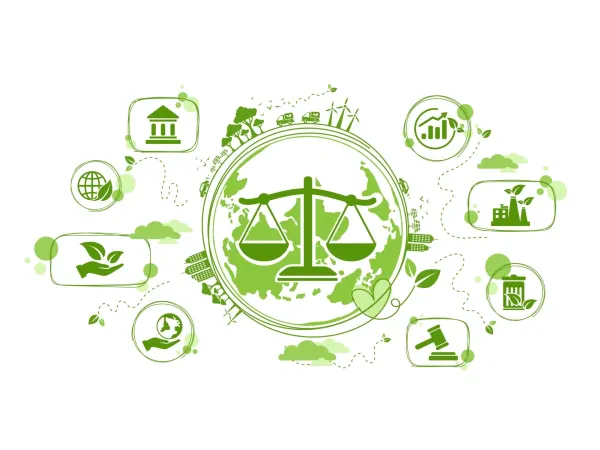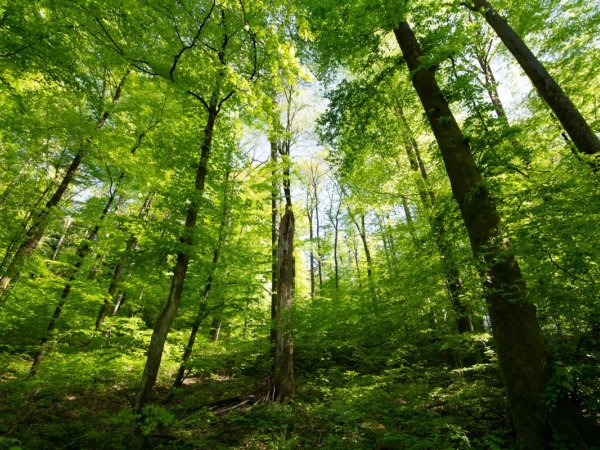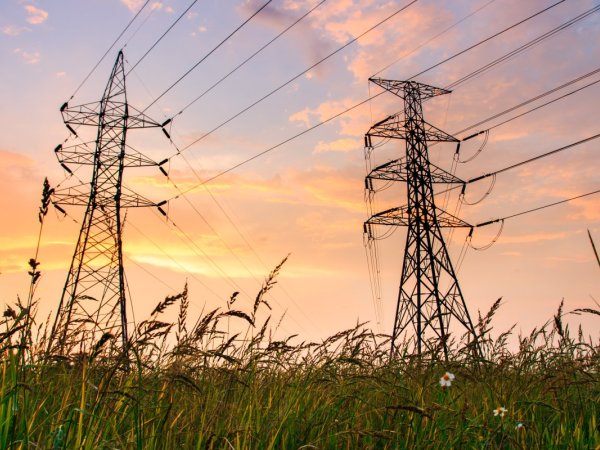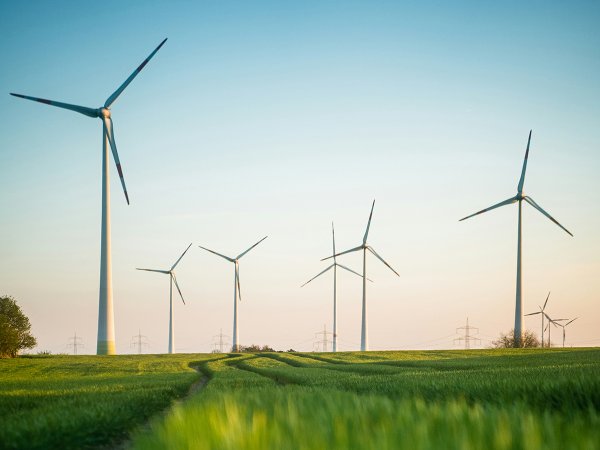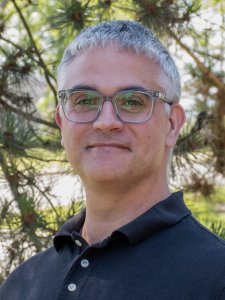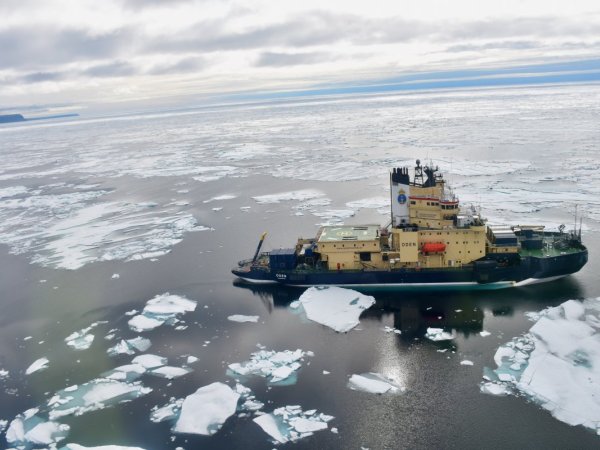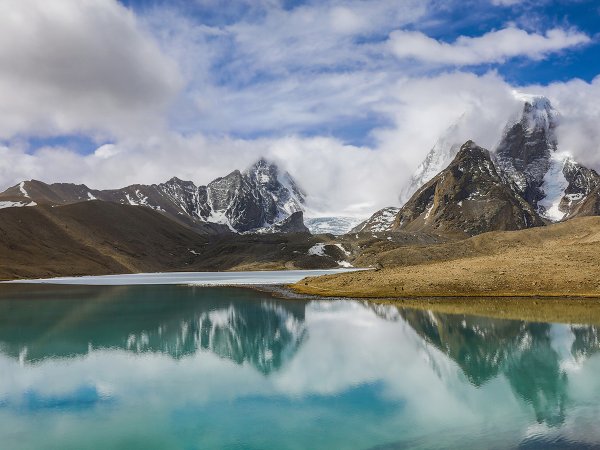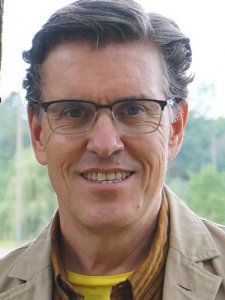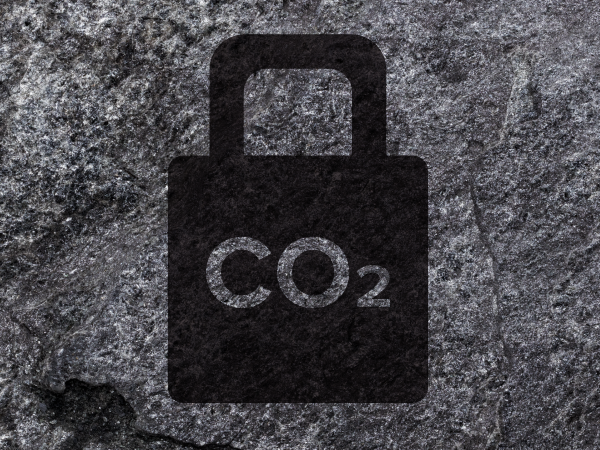Our blog features brief essays, expert commentary, op-eds, and Q&As that cover a wide variety of energy and environmental topics. Each entry is written by researchers from around Penn State, including faculty members and graduate students.
Are lawsuits effective ways to protect the climate and environment?
Lawsuits are a method used by numerous groups to try to protect the climate and environment, from suing governments to accusing companies of misleading marketing. We spoke with Hannah Wiseman, an IEE faculty member and professor of law at Penn State Law, about these lawsuits and their impact on the environment and climate.
Climate change, cities, and net-zero emission buildings
Despite their small geographical footprints, cities incorporate a high density of buildings and great concentration of urban residents, making them the hotspots of resource and energy consumption and greenhouse gas emissions.
Using outer space for cooling and energy on Earth
A Penn State research group is developing a new way to cool buildings and devices by using a special material that lets sunlight pass through to generate electricity while also releasing heat into space, providing cooling without using electricity.
Climate-smart forestry: Mitigating climate change and enhancing resilience in Pennsylvania
The climate crisis has put carbon sequestration and carbon offset projects on the international agenda. But what role can forests play in removing carbon emissions? Can healthy forests help Pennsylvania achieve state-wide climate mitigation goals?
Transitioning to renewable energy: Challenges and opportunities
Countries around the world are exploring ways to transition away from fossil fuels. The transition, prompted by carbon emissions that exacerbate climate change, is vast and includes renewables such as solar, wind, and hydro. But is transitioning as simple as choosing renewables for energy?
Unlocking the true potential of wind energy
Wind energy is a powerful and abundant renewable resource. It could hold the key to a cleaner and more sustainable future. But harnessing its full potential requires overcoming a crucial hurdle: efficiently transmitting electricity generated by wind farms to the power grid.
The first Arctic researchers
For millennia, Inuit communities have served as stewards of the Arctic, intimately attuned to its rhythms. Their observations and adaptations offer invaluable scientific insights. When researchers join forces with these communities, a more comprehensive understanding of climate change emerges.
Glacier lake outburst floods: Loss of life and infrastructure
A massive glacial lake outburst flood (GLOF) devastated Sikkim, India in October 2023. The disaster, triggered by a landslide and heavy rainfall, highlights the need for improved disaster planning that considers scientific knowledge, local community concerns, and the impact of climate change.
Engaging locally in water quality planning
To address pollution concerns in the Chesapeake Bay, communities throughout the watershed have been engaging stakeholders in an effort to reduce nitrogen, phosphorus, and sediment loads, which are responsible for harmful algal blooms and turbid waters.
Carbon sequestration and mineralization
Addressing the incontrovertible risks of climate change requires deep decarbonization. In addition to green measures like upscaling renewables and improving energy efficiency, there is broad scientific consensus that large-scale carbon capture and sequestration (CCS) remains critical to limiting global temperature rise below 2°C.

